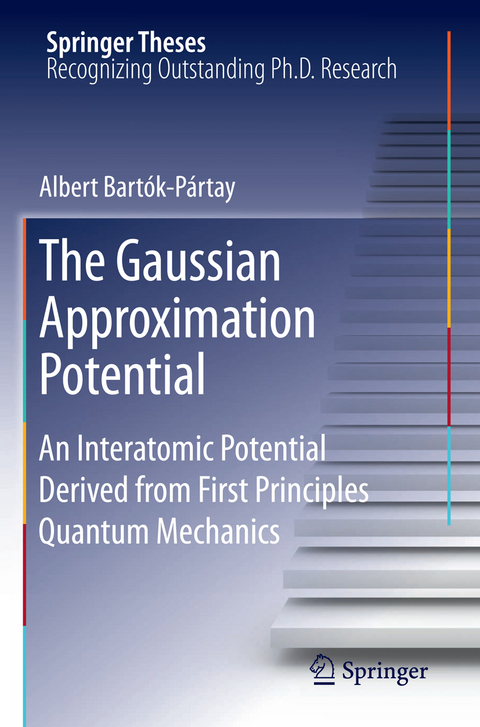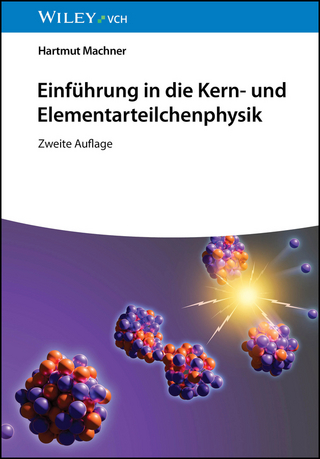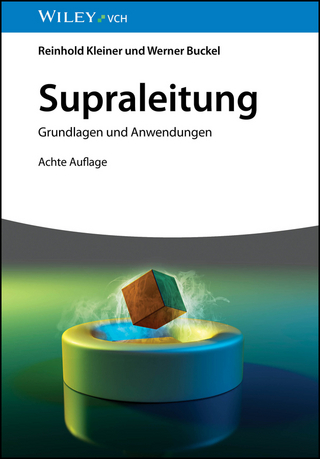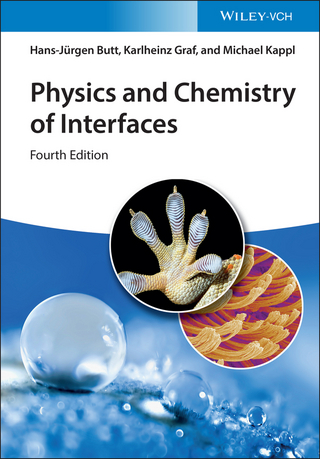
The Gaussian Approximation Potential
An Interatomic Potential Derived from First Principles Quantum Mechanics
Seiten
2012
|
2010
Springer Berlin (Verlag)
978-3-642-26426-9 (ISBN)
Springer Berlin (Verlag)
978-3-642-26426-9 (ISBN)
The framework of Gaussian Approximation Potentials developed in this thesis allows us to generate interatomic potentials automatically, based on quantum mechanical data. The method has already been successfully applied to semiconductors and metals.
Simulation of materials at the atomistic level is an important tool in studying microscopic structures and processes. The atomic interactions necessary for the simulations are correctly described by Quantum Mechanics, but the size of systems and the length of processes that can be modelled are still limited. The framework of Gaussian Approximation Potentials that is developed in this thesis allows us to generate interatomic potentials automatically, based on quantum mechanical data. The resulting potentials offer several orders of magnitude faster computations, while maintaining quantum mechanical accuracy. The method has already been successfully applied for semiconductors and metals.
Simulation of materials at the atomistic level is an important tool in studying microscopic structures and processes. The atomic interactions necessary for the simulations are correctly described by Quantum Mechanics, but the size of systems and the length of processes that can be modelled are still limited. The framework of Gaussian Approximation Potentials that is developed in this thesis allows us to generate interatomic potentials automatically, based on quantum mechanical data. The resulting potentials offer several orders of magnitude faster computations, while maintaining quantum mechanical accuracy. The method has already been successfully applied for semiconductors and metals.
Representation of Atomic Environments.- Gaussian Process.- Interatomic Potentials.- Computational Methods.- Results.- Conclusion and Further Work.- Appendices.
From the reviews:
"This book is actually an account of the Ph.D. work of the author, and is aimed at practitioners of molecular simulation (physicists and materials scientists, mostly) who want to construct reliable empirical force fields parameterized by data obtained from equilibrium quantum mechanical computations." (Gabriel Stoltz, Mathematical Reviews, Issue 2011 j)| Erscheint lt. Verlag | 13.10.2012 |
|---|---|
| Reihe/Serie | Springer Theses |
| Zusatzinfo | XIV, 90 p. 31 illus., 2 illus. in color. |
| Verlagsort | Berlin |
| Sprache | englisch |
| Maße | 155 x 235 mm |
| Gewicht | 172 g |
| Themenwelt | Naturwissenschaften ► Physik / Astronomie ► Atom- / Kern- / Molekularphysik |
| Naturwissenschaften ► Physik / Astronomie ► Quantenphysik | |
| Naturwissenschaften ► Physik / Astronomie ► Theoretische Physik | |
| Schlagworte | Bispectrum of rotational groups • Gaussian process • Interatomic potentials based on quantum mechanics • machine learning • Mechanics • Metal • Potential • quantum mechanics • Represent • Representation of atomic environments • semiconductor • Simulation |
| ISBN-10 | 3-642-26426-3 / 3642264263 |
| ISBN-13 | 978-3-642-26426-9 / 9783642264269 |
| Zustand | Neuware |
| Haben Sie eine Frage zum Produkt? |
Mehr entdecken
aus dem Bereich
aus dem Bereich
Buch | Softcover (2024)
Wiley-VCH (Verlag)
59,90 €


